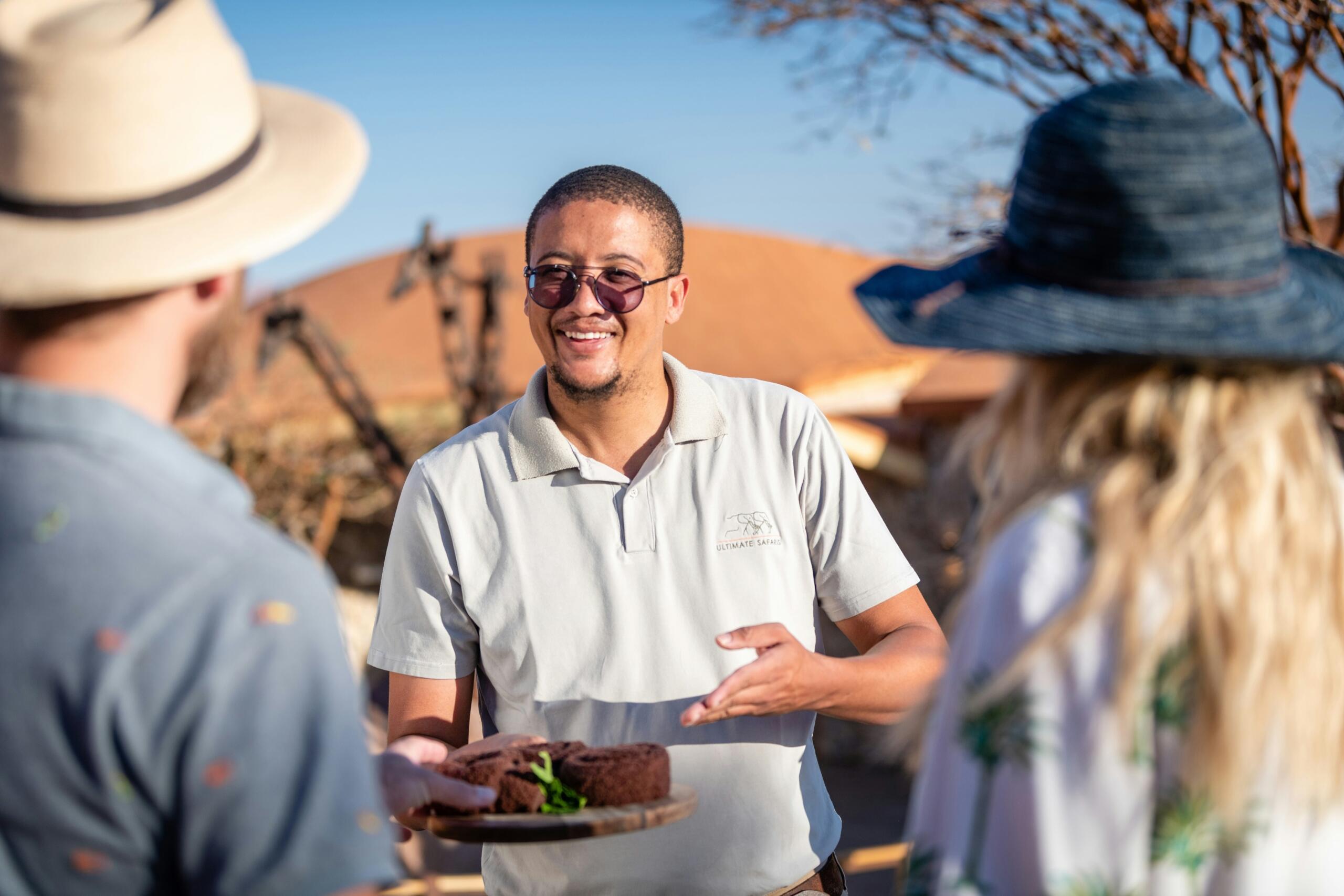A proverb is a short sentence based on long experience.
Miguel de Cervantes
There’s something deeply comforting about the way South Africans use words to colour everyday conversations. Whether it’s a grandmother in Pretoria reminding you that “’n boer maak ’n plan,” or a teenager in Durban rolling their eyes and saying, “Ag man,” you’ll find that wisdom, humour, and heart are often wrapped up in short, familiar expressions. These aren’t just words; they are snapshots of culture and identity that can even morph into timeless proverbs in Afrikaans.
Language isn’t only about vocabulary or grammar. It’s about rhythm and emotion and the way words carry shared experience. In South Africa, we live in a land of many tongues, and here, Afrikaans holds a special place because of its honesty and expressiveness. Ask any Afrikaans teacher and they’ll tell you that the moment learners begin to understand sayings and idioms, the language comes alive. These expressions are where personality hides and often they are learnt in unusual ways.

The Heartbeat of Culture
If you’ve ever been around a family table listening to stories, you’ve probably heard more proverbs in Afrikaans than you realised.
It’s encouragement spoken in a voice that echoes across time.

When learners understand that “Elke hond kry sy dag” means “Every dog has his day,” they don’t just memorise words; they learn optimism, humour, and patience.
The Colour of Expression
South Africans are masters of blending languages. It’s part of what makes our conversations sparkle. You can hear bits of isiZulu, English, and Afrikaans swirling together on playgrounds, in taxi queues, and in university cafeterias. Among this blend, South African slang stands tall as one of our proudest inventions.
Say you walk into a café in Stellenbosch and greet a friend with, “Ag shame man.” The person next to you instantly knows the emotion behind it: sympathy, affection, or gentle teasing. That’s the charm of South African slang; it carries feeling as much as meaning.
“Ja-nee” is a popular expression. It literally means “yes-no,” but it’s used when you’re agreeing with a touch of uncertainty or irony. Someone could say, “Ja-nee, the traffic was rough this morning,” with a sigh that says it all.
Through Afrikaans idioms and local slang, we see that language is alive as it grows, adapts, and sometimes even breaks the rules, just like the people who speak it.
Shared Wisdom in Every Saying
There’s a reason proverbs in Afrikaans find their way into everyday conversation regardless of which language is being spoken. In short, they simplify complex truths. They remind us of resilience, common sense and the kind of values that resonate in South African homes everywhere.
Many schools still encourage learners to collect their favourite Afrikaans quotes as part of cultural projects. It’s a wonderful exercise, not only because it teaches language structure but because it teaches empathy. One learner might choose “Liefde is ‘n werkwoord” which means “Love is a verb.” Another might select “Waar daar ‘n wil is, is daar ‘n weg.” The conversation that follows often reveals as much about personality as about language.
You’ll often find that an Afrikaans teacher treasures these discussions, because they go beyond textbooks. They help learners to see Afrikaans as a living expression of emotion and experience.

Words with Local Flavour
If you visit the Western Cape, you’ll notice a slightly different rhythm in the way people use Afrikaans idioms. In places like Paarl or Worcester, you might hear:
Afrikaans Expression
“Hy’s nie van gister af nie.”
Direct Translation
“He’s not from yesterday.”
Actual Meaning
Used to describe someone who’s sharp or clever.
In Gauteng, South African slang often mixes more English, creating hybrids that are uniquely local. Phrases like “Eish, dis ‘n lekker jol” drift easily between languages, showing how multilingual our daily lives have become. It’s this flexibility that keeps Afrikaans vibrant, especially when every community adds its own rhythm and every generation adds a few new words.
When it comes to Afrikaans quotes, the list of well-loved figures is long. From poets like Antjie Krog to songwriters like Koos Kombuis, South Africa has produced artists who use Afrikaans to explore identity, struggle, and joy. In many schools, their work is introduced early, inspiring learners to see that language can be both art and activism. A good Afrikaans teacher often encourages learners to write their own short verses or sayings, which shows how language can be a form of self-expression rather than just a school subject.
Mind Your Context
Of course, not every saying fits every situation. Knowing when and how to use Afrikaans idioms is a skill in itself. In formal settings, it’s best to keep things simple and polite. Using too much South African slang in a business email or official speech can sound out of place, even though it adds warmth in everyday chat.
Knowing when and how to use Afrikaans idioms is a skill in itself. In formal settings, it’s best to keep things simple and polite. Using too much South African slang in a business email or official speech can sound out of place, even though it adds warmth in everyday chat.
It’s a balance most locals understand instinctively. At a braai, you can laugh with friends and say, “Ag shame man,” without thinking twice. In a meeting, though, you’d probably switch to something more neutral. The key is to read the room.
A caring Afrikaans teacher will often guide learners through these nuances, explaining that the goal isn’t just to speak correctly but to speak kindly and appropriately. Remember that language carries respect, and knowing when to use a saying or refrain from one shows cultural sensitivity.
Language as Connection
Over time, you begin to realise that the deeper purpose of these sayings and expressions is connection. When you quote a line from a familiar song or share a family proverb, you build a bridge between people. You create belonging. The continued use of proverbs in Afrikaans in homes and schools helps keep that sense of unity alive.
In community centres and schools from Port Elizabeth to Polokwane, adults learning Afrikaans later in life often find joy in discovering these cultural treasures. They might practise pronunciation through Afrikaans quotes or laugh together over tricky Afrikaans idioms that don’t quite translate. Each lesson is a reminder that language is a shared journey, not a solo effort.
You can see this connection even at cultural festivals, where performances often weave sayings and South African slang into storytelling and poetry. The audience recognises familiar words, and in that recognition, they find joy.
Words That Stay With Us
Think about how many times a short saying has stuck with you. Maybe it was something your grandmother said, or a line a teacher wrote on the board. Afrikaans quotes have that staying power. They capture emotion in a few honest words. They’re whispered at weddings, spoken in speeches, even printed on coffee mugs in little shops along the Garden Route.
“Vat jou goed en trek, Ferreira.”
Might be said jokingly when it’s time to leave a party.
“Elke pot het sy deksel.”
Might appear in a conversation about love.
Through Afrikaans idioms, humour and wisdom travel hand in hand, reminding us that no matter how serious life feels, laughter is never far away.

A good Afrikaans teacher knows that these sayings are not just part of the syllabus. They’re part of life. They teach empathy, perspective, and the simple art of listening. When learners start using them naturally, they’re not only mastering a language, they’re becoming part of a community that values warmth and wordplay.
Living the Language
Ultimately, language isn’t meant to sit in a textbook. It’s meant to be spoken, laughed over, and shared. Every time you use a bit of South African slang or recall one of the classic proverbs in Afrikaans, you’re keeping a piece of heritage alive. You’re reminding yourself that communication is as much about heart as it is about grammar.
So next time you hear someone say “Ja-nee,” smile. They’re not just agreeing; they’re adding a little music to the conversation. And when you respond with your own saying or quote, you’re joining in a dance that’s been happening for generations. That’s the beauty of Afrikaans, it’s not just spoken, it’s lived.
In the end, what stays with us are not the rules or the lessons, but the laughter, the shared understanding, and the warmth of familiar phrases. Whether through Afrikaans quotes, Afrikaans idioms, or the cheerful banter of South African slang, each word tells a story about who we are. And with every lesson, every conversation, every gentle correction from a patient tutor, the essence of Afrikaans stays alive and full of heart.
Summarise with AI:















